Kenya and Tanzania have identified the need to enhance cooperation and coordination among the stakeholders across the borders of the two states to combat poaching and illegal wildlife trade to foster sustainable management of the Mara/Serengeti and Tsavo/Mkomazi ecosystems.
The stakeholders, comprising senior public officials from the national governments, county and regional governments, agencies from the State Department for Wildlife in the Ministry of Tourism, Wildlife and Heritage of the Republic of Kenya and the Ministry of Natural Resources and Tourism of the United Republic of Tanzania and joined by development partners, who held a consultative workshop at Mombasa hotel noted that it was important for Kenya and Tanzania to collaborate across border in the development of management and enforcement strategies to stop poaching, illegal wildlife trade and mitigate against climate change that affect the wildlife and their habitats.
The Stake holders commended the Combating Poaching and Illegal Wildlife Trafficking in Kenya/Tanzania project for their Integrated Approach supported by the GEF 6 UNDP IWT Project that has led to improved wildlife conservation measures. The delegates noted that it was important to create collaborative mechanisms and international agreements between Kenya and Tanzania for the protection, conservation and management of the Mara/Serengeti and Tsavo/Mkomazi trans-boundary ecosystems.
The consultative meeting focused on strategies to foster trans-boundary conservation cooperation between the two countries such as disrupting wildlife crime through the promotion of a Memorandum of Understanding for the establishment of Mara/Serengeti and Tsavo/Mkomazi Trans Fronteer Areas (TFCAs) to support the long-term survival of wildlife and the ecological integrity of the ecosystems.
The stakeholders identified poaching and illegal trade in wildlife that include bush-meat, ivory, rhino horn, pangolin scale and lion teeth poaching and trafficking as illegal activities that threaten the survival of wildlife.
Human wildlife conflicts attributed to blockage of migratory corridors, fencing and uncontrolled human settlements was also singled out as a challenge facing conservation efforts and the protection of the ecosystem.
It was observed that climate change, disparities in policies and legislations, degradation of wildlife habitat and inadequate funding were also some of the main challenges confronting wildlife conservation efforts.
The outcomes of our workshop that contain identified challenges, current best practices, national efforts, opportunities and strategies as well as mitigating measures and recommendations will be presented to the Governments of Kenya and Tanzania for consideration towards exploring the possibilities of establishing the Mara/Serengeti and Tsavo/Mkomazi Trans-fronteer areas (TFCAs) to enhance the conservation and protection of wildlife.


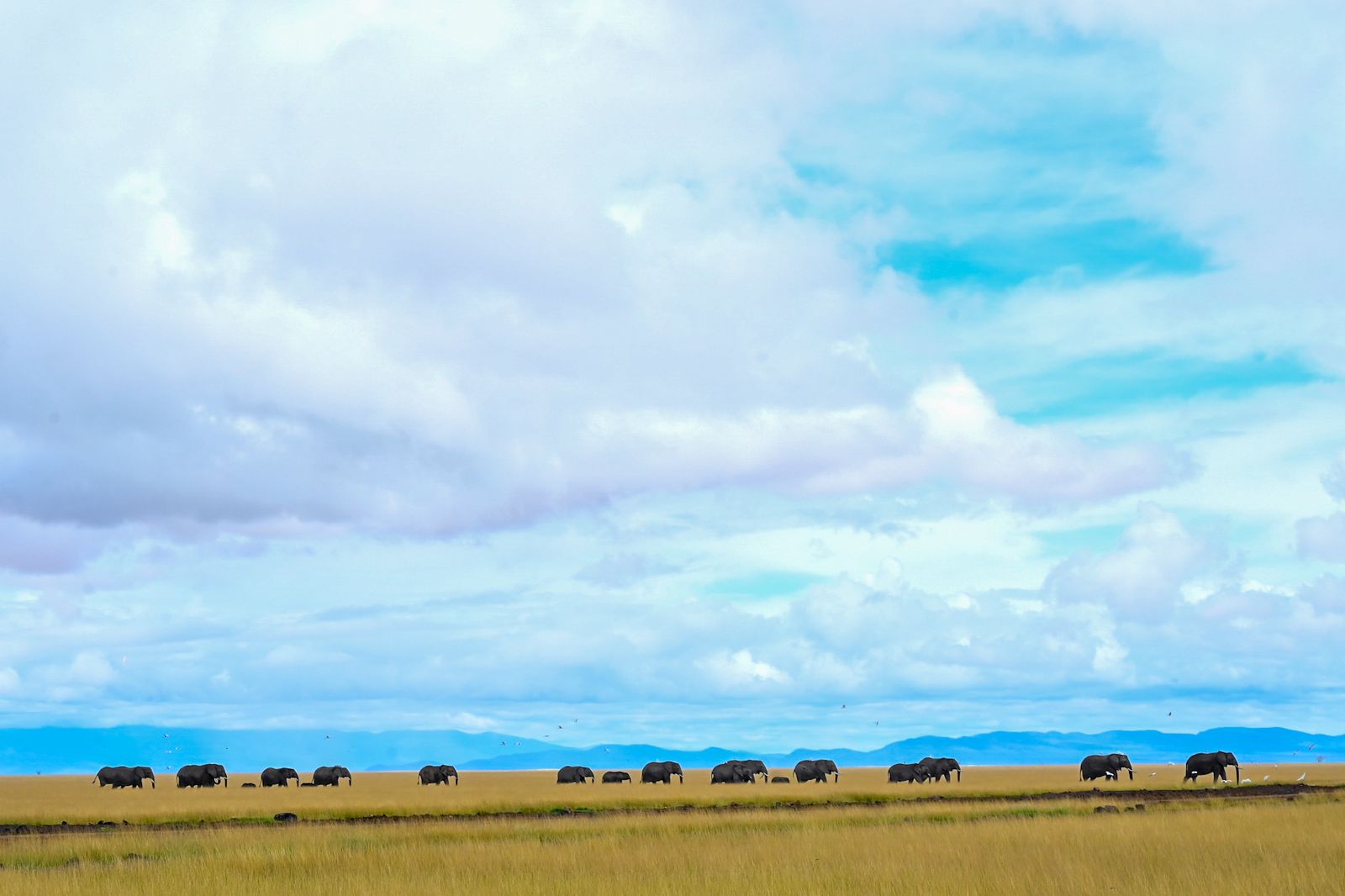
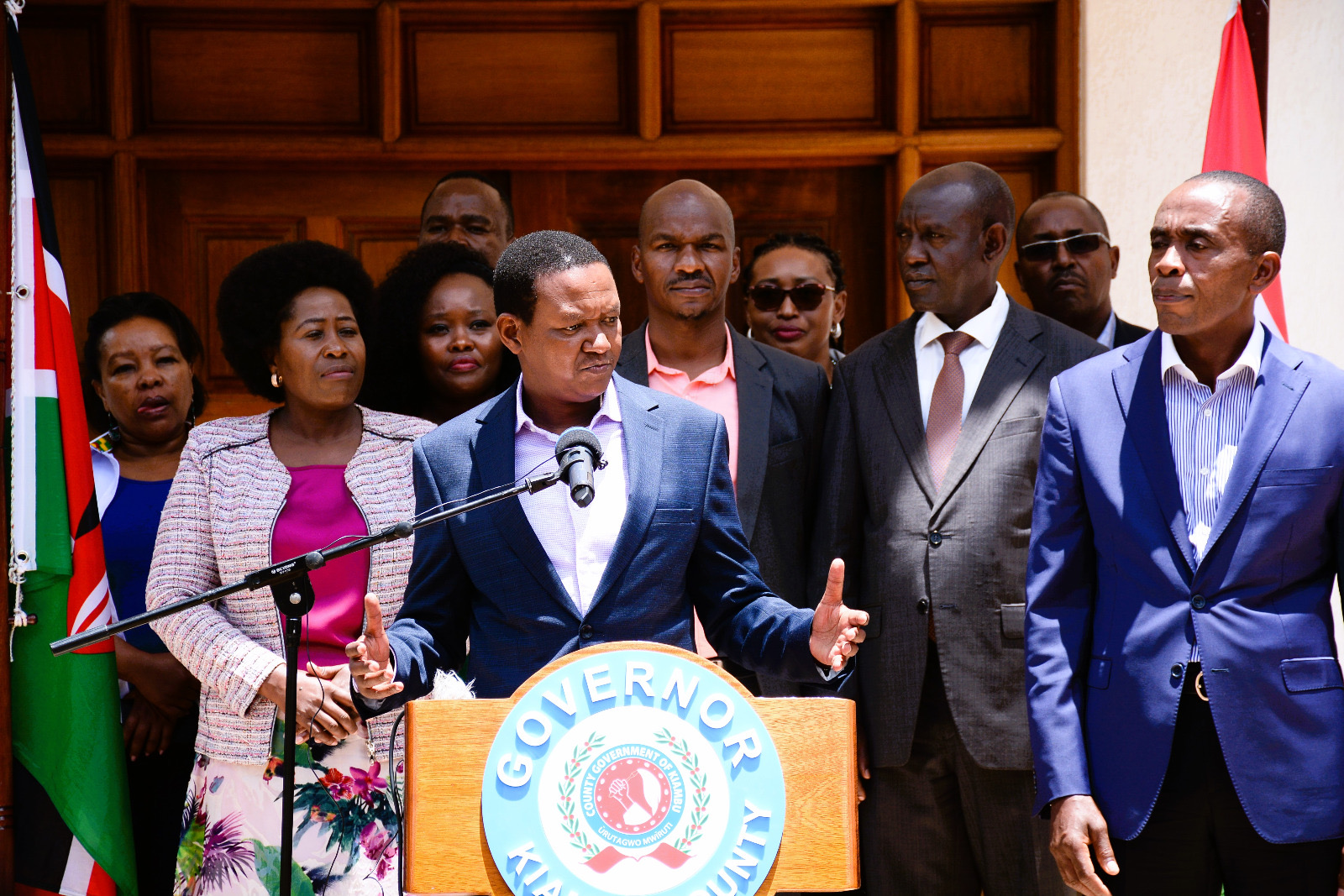
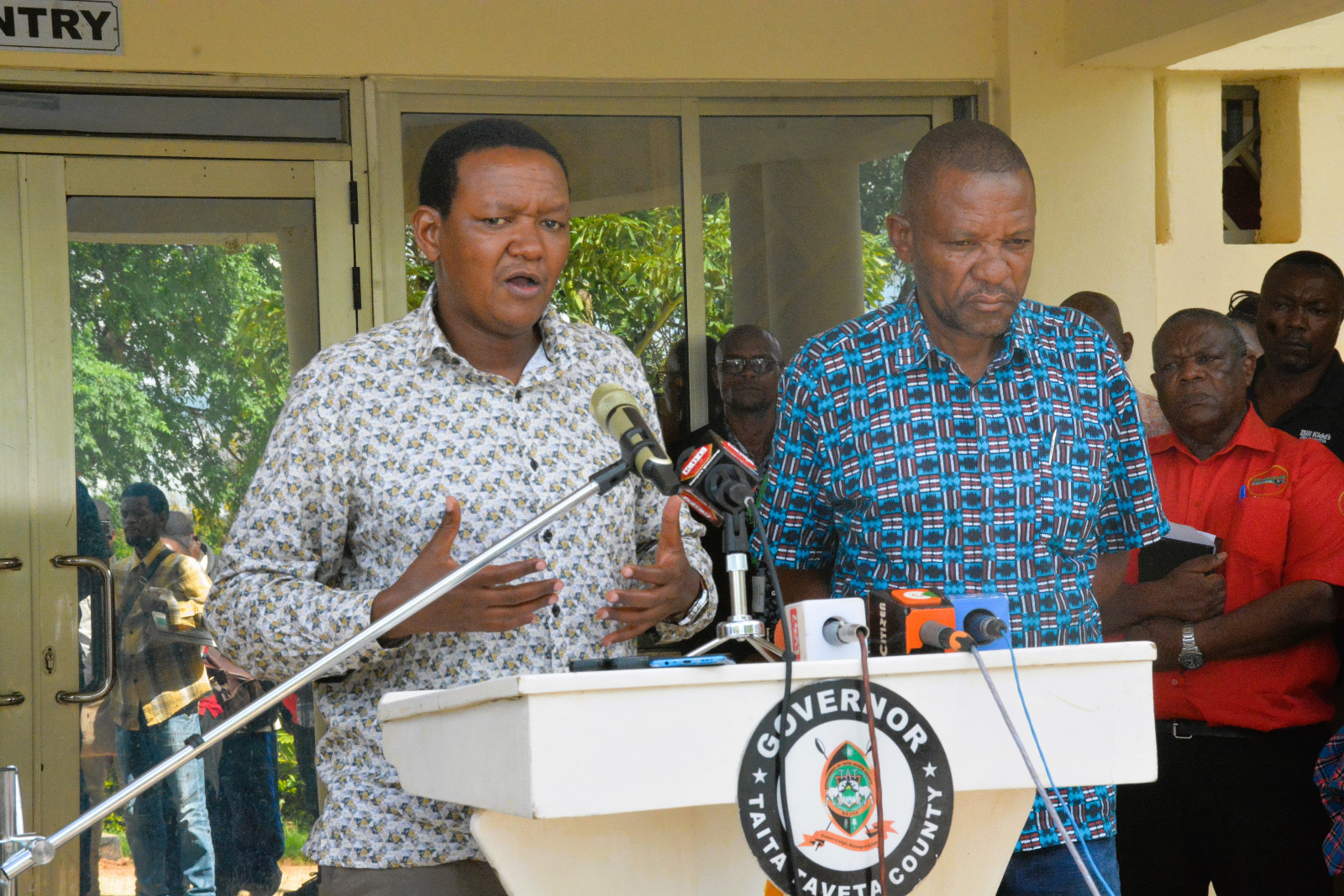
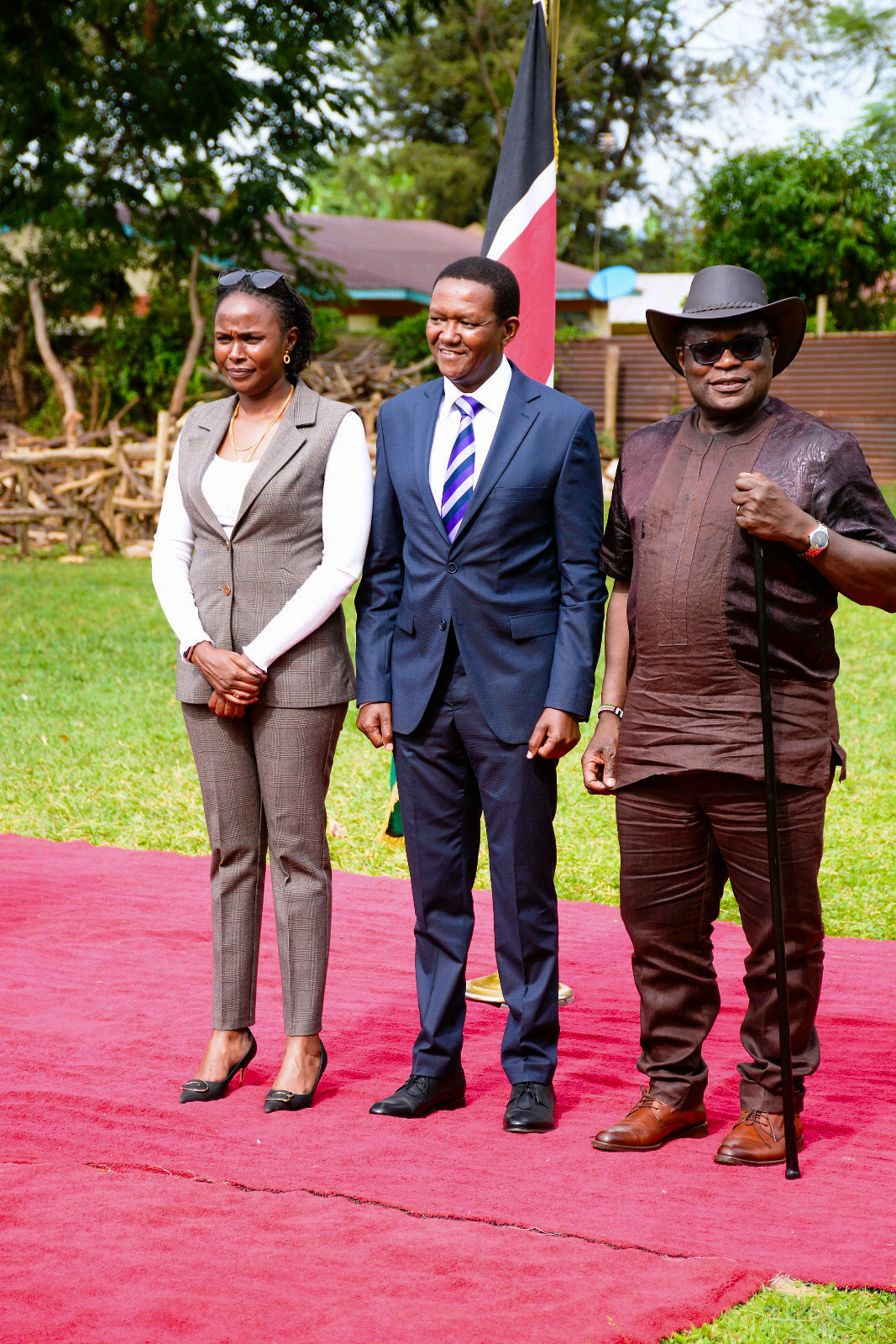
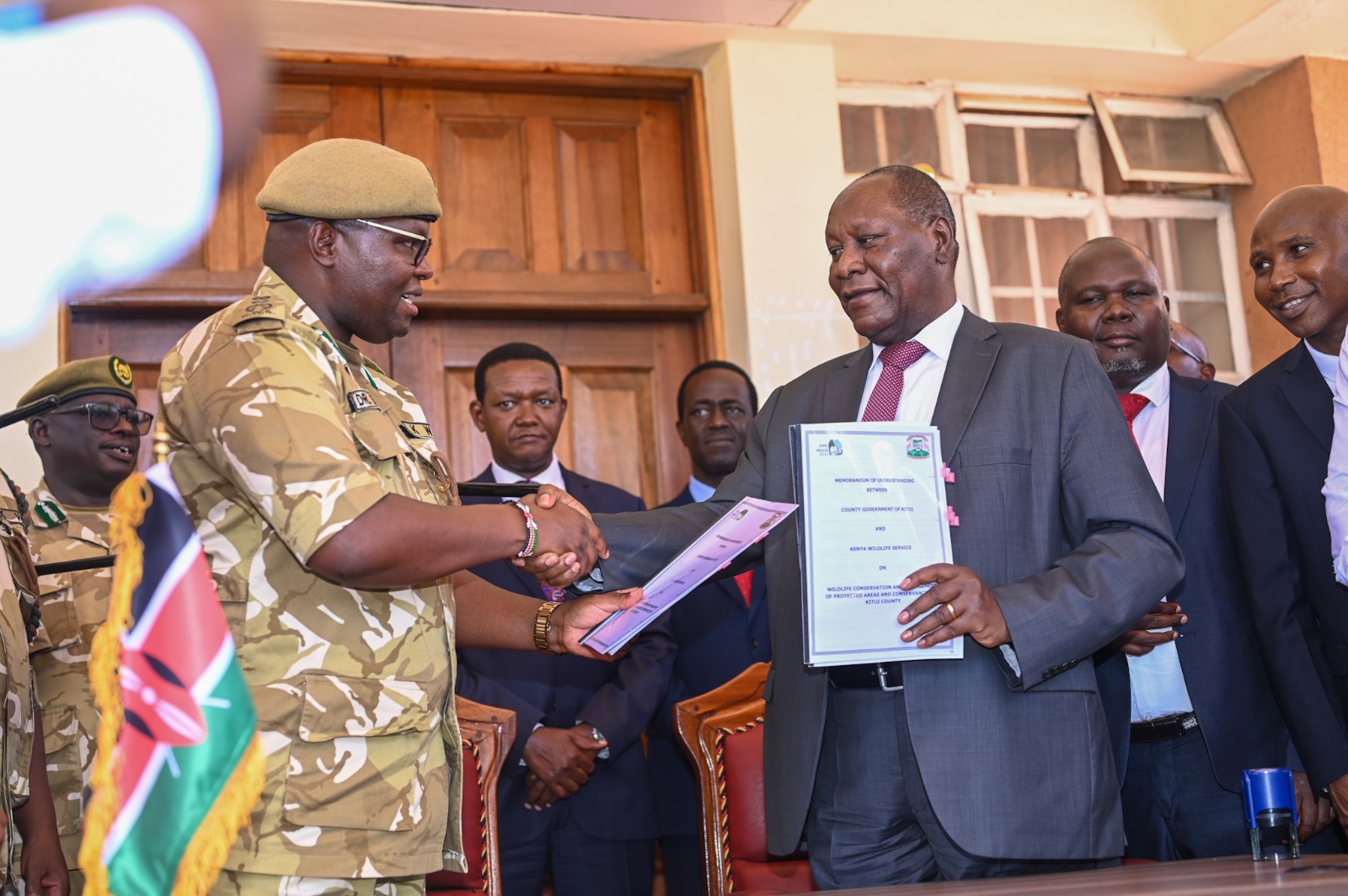

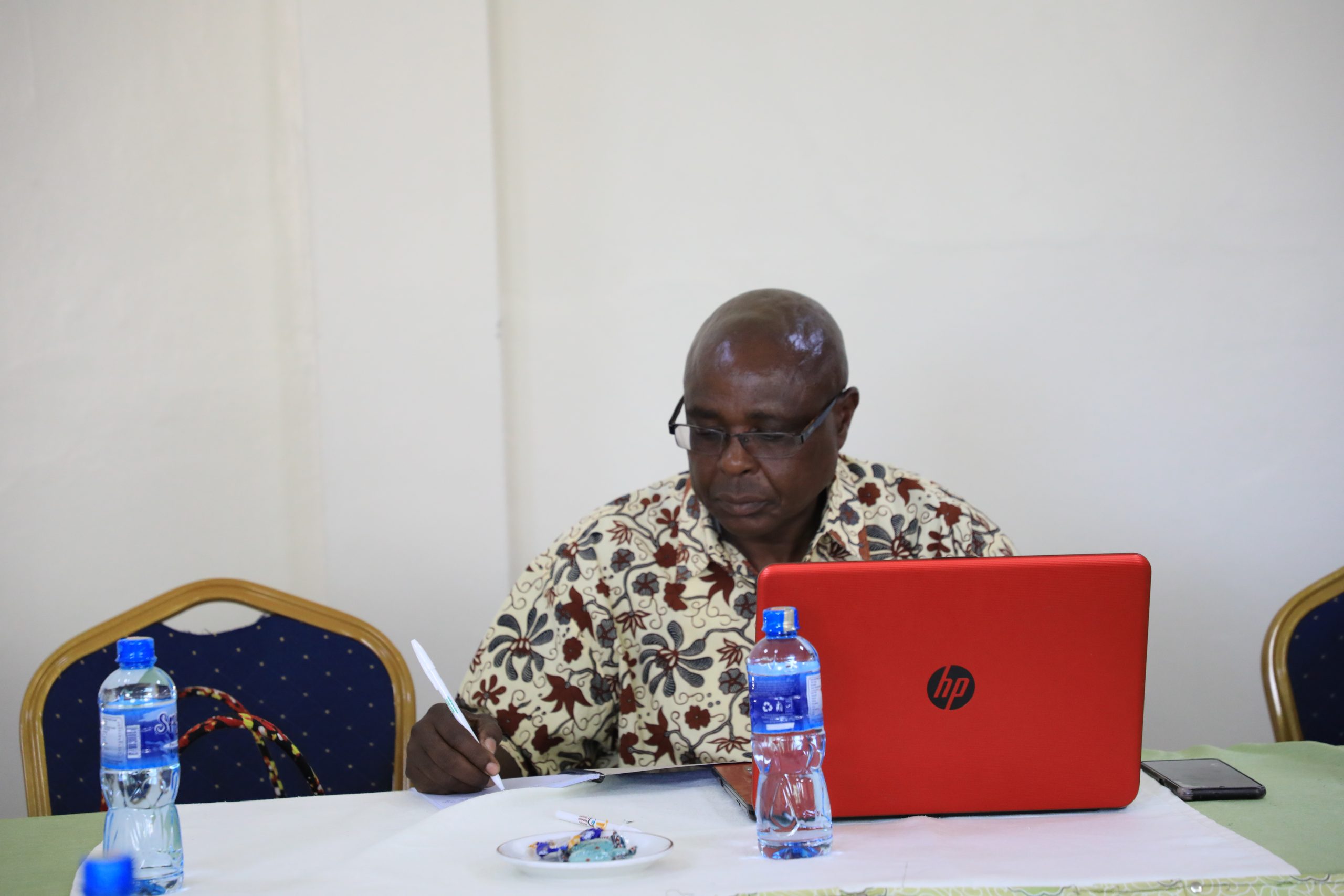
Leave A Comment